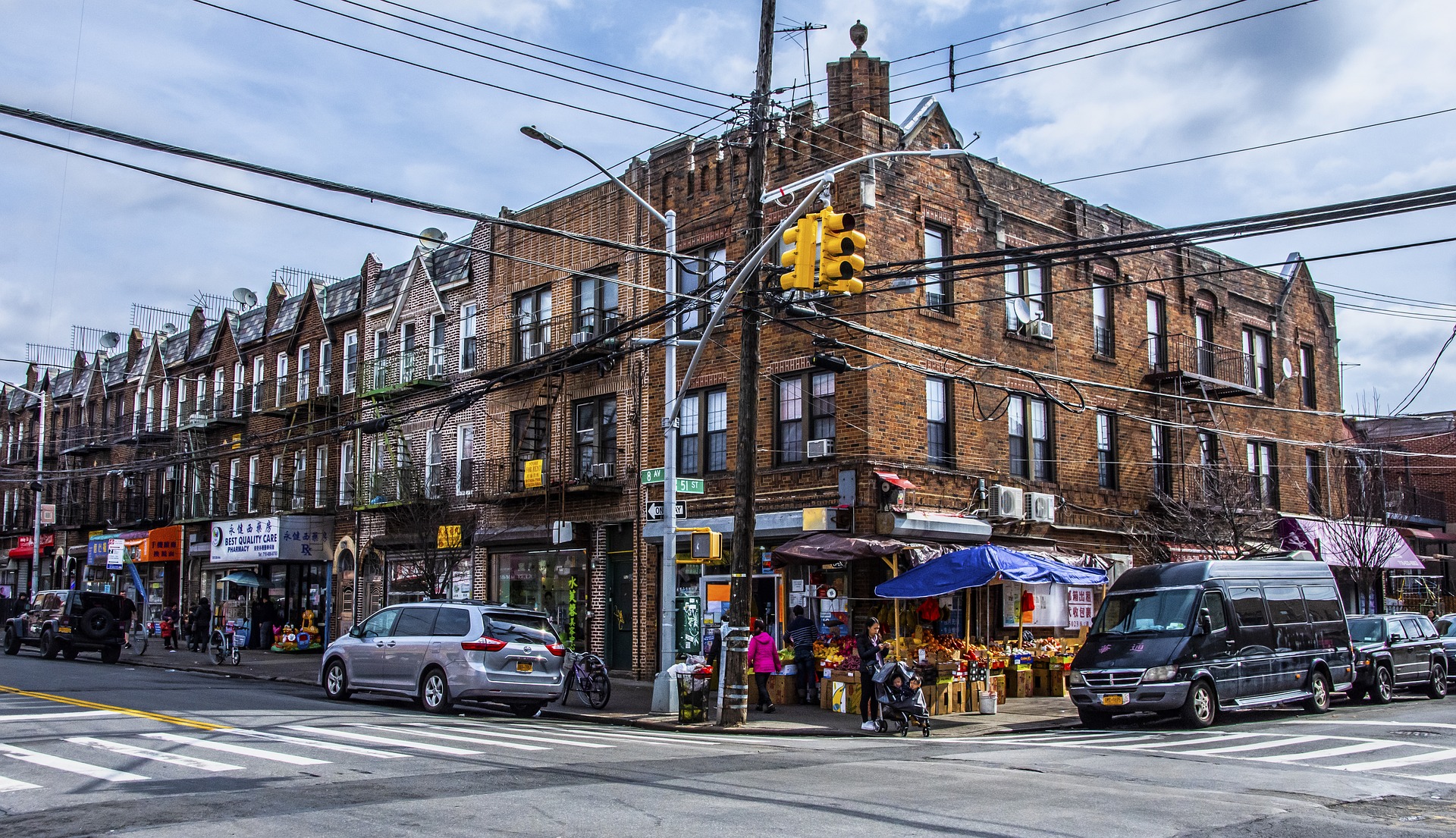Have a story idea
Have a story idea? Send it to us here.

Source : Pixabay
November 8, 2020
Author : Patty Rodriguez
Recent surveys and reports on the status of women and minority-owned small businesses in New York City and Kansas City, Missouri could spell an increasingly future for many.
New York City Comptroller Scott Stringer announced worrying results from a survey conducted over June regarding business certified by the city to be owned by women (women business enterprise, or WBE,) and people of color (minority business enterprise, or MBE.) According to the survey, 85 percent of WBEs and MBEs say they can’t survive more than six months with the amount of money they have available, local station PIX11 reports.
The full report from the Comptroller’s office is available here, complete with charts and statistics to help make sense of it all.
Source: New York City Comptroller
One piece of disturbing information contained is that one in four M/WBE’s didn’t apply for loans from the federal government or city government due to eligibility restrictions, funds running out before they applied, and “lack of outreach or awareness” among other reasons. Meanwhile, 20 percent of M/WBEs applied for relief but were rejected.
Of the 40 that applied for relief from the city for a “business continuity loan,” only six were approved.
“Minority and women-owned businesses are essential to our economy, generate strong local community wealth, are at the core of our city’s cultural identity and they are bearing the brunt of our economic crisis," Comptroller Stringer said in a statement.
"Our economy is strongest when it is equitable and inclusive, and our road to recovery must reflect those values,” he added.
Meanwhile, a new study from the University of Missouri Kansas City’s Institute for Data, Analytics, and Science found similar patterns in Kansas City.
For example, only 341 of the 4,677 Payment Protection Program (PPP) loans over $150,000 in the city went to M/WBEs.
"The data [the Small Business Administration] released was for firms $150,000 and above, so what it could show is that a lot of Black-owned businesses, Hispanic-owned businesses fall below that criteria, and that says a lot, too, about our economy," lead researcher Brent Never said, according to KMBC News.
KMBC spoke to one black small business owner, Dontavius Young, who said that minority-owned businesses may be distrustful of loans from the federal government. That checks out with the results from Stringer in New York City, where many M/WBEs were said to have also not sought loans because “M/WBEs did not want to be subject to debt or high interest rates.”
Showing Young the map of where PPP loans went in Kansas City, the local small business owner “notic[ed] a lack of PPP loans to businesses east of Troost Avenue, a historical racial and economic dividing line in Kansas City.”
While cities like Kansas City and New York City are facing major hurdles getting relief to M/WBEs, the city of Newhaven, Connecticut is taking action to address the issue there, a potential model for other cities if the project proves successful.
According to the Connecticut Mirror, a new private-public emergency loan program is being deployed to help M/WBE’s.
The newspaper notes that the program was revealed one day after the Trump administration released the receipts for the Payment Protection Program including “multi-million-dollar beneficiaries in Connecticut.”
And so the city is partnering with philanthropists and the private sector to underwrite $1.5 million in emergency loans.
Cathy Graves, a top official in the city for economic development said it’s “truly a partnership,” according to the paper. “Municipalities can’t do it alone, and the private sector can’t do it alone. We are all in this together.”
Category : Minority Business Enterprises Minority Women Business Enterprises Women Business Enterprises Coronavirus Pandemic Public-Private Partnership
